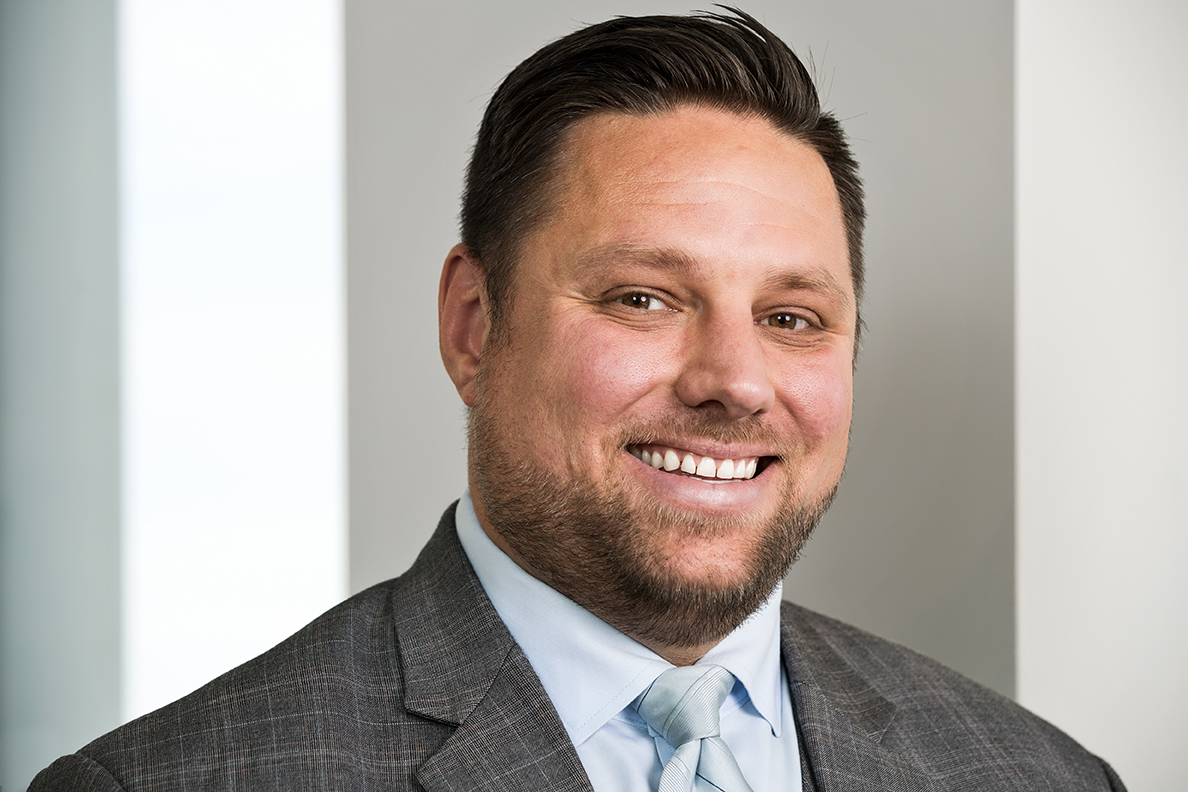Condo Repairs: Due Diligence Can Help Buyers Avoid Unexpected Bills
he recent news story that condo owners in an Ottawa development are on the hook for $15.3M for repairs to the building (Ottawa Citizen, January 15th, 2014) will send a chill down the spine of other condo owners and anyone contemplating purchasing a condo.
Potential Buyers
If you’re considering buying a condo it is essential to carefully review the ‘status certificate’. Any planned or contemplated special assessment has to be disclosed in the status certificate. Now mind you, if the special assessment hasn’t yet been contemplated it won’t be disclosed in the special assessment. If you put in an offer on a condo with a planned special assessment, then it should be mention in the status certificate you receive when submitting the offer. If you do discover that a special assessment is planned after making an offer, then the buyer can use the condition their realtor inserted in Schedule A to the OREA Agreement of Purchase and Sale to either terminate the purchase or negotiate a price reduction or other amendment with the seller, so long as the condition has not already be waived.
Current Owners
From the point of view of current owners, there is not really anything that can be done other than taking an active role in the condominium corporation and ensuring you have the financial information. In the case of the condo facing the large repair bill, the status certificate would not have decreased to $200,000 overnight. The reduction would likely have been something that occurred over a number of years and if owners are informed and proactive they could have asked the questions as to why the reserve fund balance was going down and whether or not it should be a cause for concern.
This does not mean a situation such as the current one would be prevented as these matters are often unforeseen and cannot be completely planned for. It is, as they say a “reality of condo living” which is akin to home owners who may have to replace a roof, furnace or air conditioner unexpectedly. These potential unexpected costs are a prime reason why everyone should be setting aside an amount as a regular part of their budget into a “personal reserve fund” much like condominiums are required to put aside funds for repairs and replacements. This “personal reserve fund” can then be used in circumstances where unforeseen costs arise and they can hopefully be paid for without having to incur more debt.
For more information on buying or selling a condominium, please contact:




